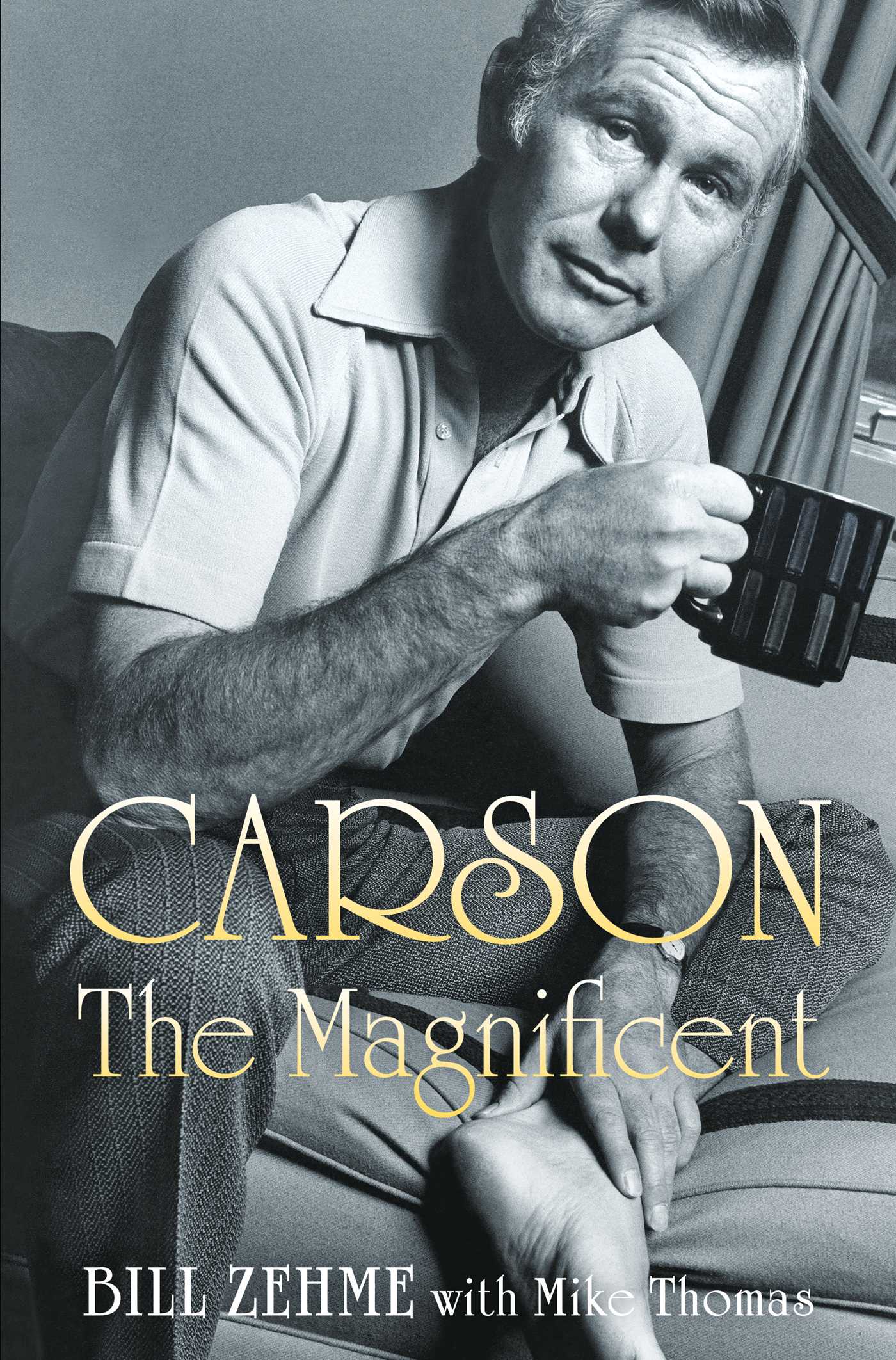Carson was influential in a third way, and that is with his choices of guests. To get a booking on “Tonight” was a career-making experience for a young comic, particularly if the host gestured to you to sit down on his couch after your set and kibbitz for a bit. The actor and comedian Drew Carey was so moved when describing the experience of his first appearance on “Tonight,” for PBS’s “American Masters,” that he teared up on camera.
And yet, for all this, Carson’s presence in American culture has been strangely ephemeral. Tynan noted that few outside the United States knew who he was in 1978, at the peak of his influence. Today, thirty-two years after his retirement, the number of people in this country who are aware of him is dwindling. As an experiment, I recently asked two friends—both writing teachers—to inquire of their twentysomething students what they knew about Carson. One friend happened to be workshopping a student’s short story in which the Carson-era “Tonight Show” figured prominently, but no one in his class apart from the story’s author had any idea who Carson was prior to reading it. The other friend struck out completely. Not one of her charges had ever heard Carson’s name.
When Carson retired, it was unthinkable that he would vanish into the mists of history within a generation. He had been crowning new stars, charming exotic animals, and soothing Americans to sleep night after night for three decades. So essential was he to the culture that when he moved “Tonight” from New York to Los Angeles, in 1972, it was like Peter the Great’s shifting of Russia’s capital from Moscow to Saint Petersburg. Just as Peter’s moving of his court transformed Moscow into a backwater for out-of-favor nobles, Carson’s helped to usher out the era when the Big Apple could claim to have cultural parity with Hollywood. Carson’s demand, during contract negotiations with NBC, in 1980, that “Tonight” ’s running time be cut to an hour led to the creation of a new time slot, with Carson getting a major say in its programming. Two years later, his protégé David Letterman was appointed to fill it. When Carson stepped down, he refused to nominate a successor; the resulting crisis led to the network late-night landscape we have today, with three duelling shows, all of which look an awful lot like “Tonight.”
